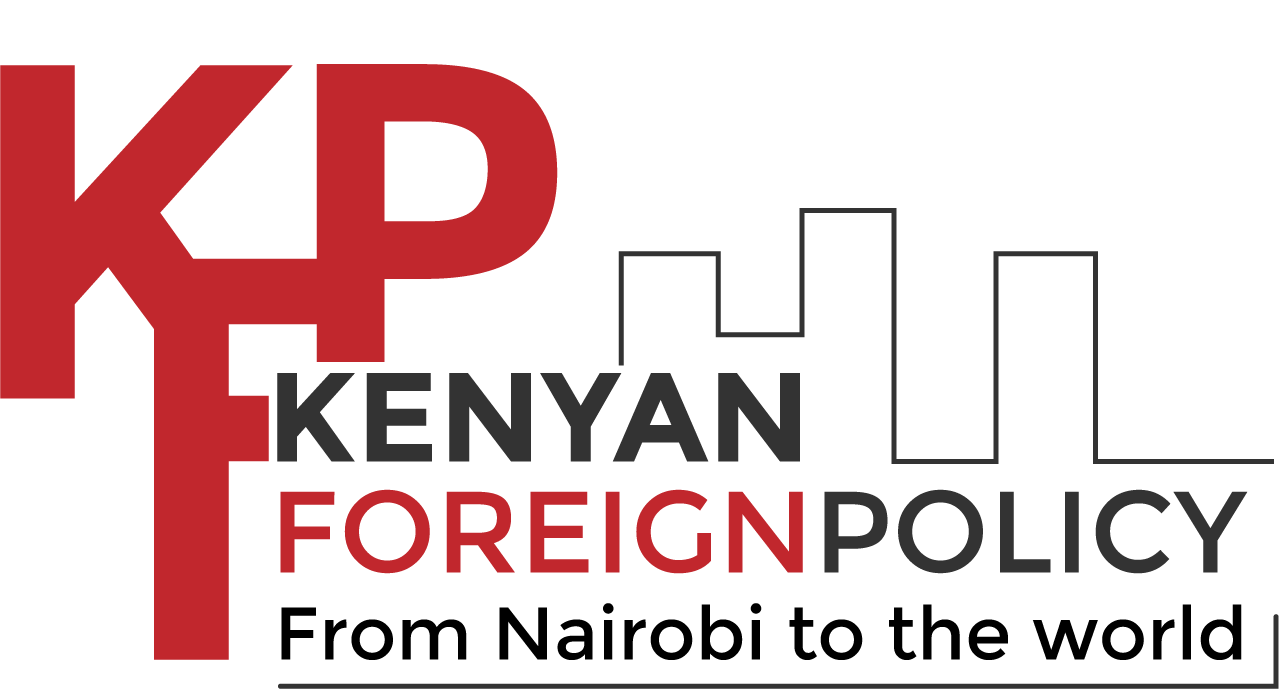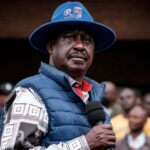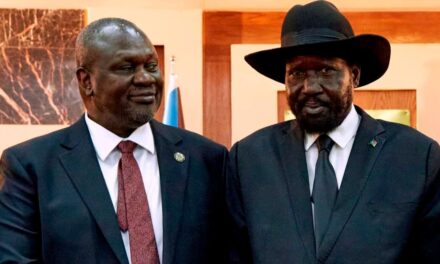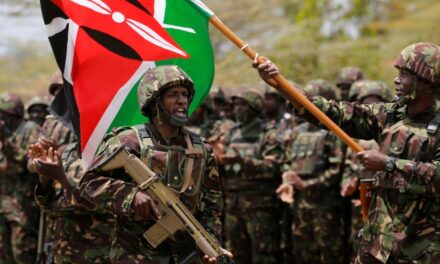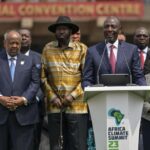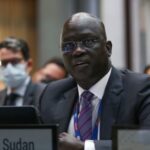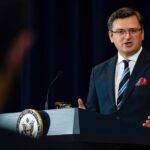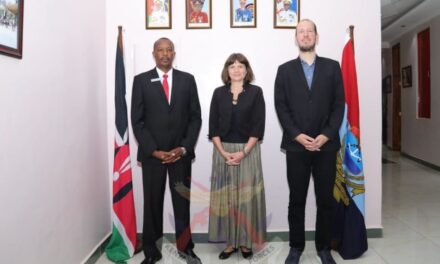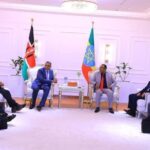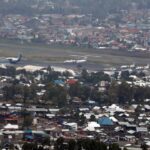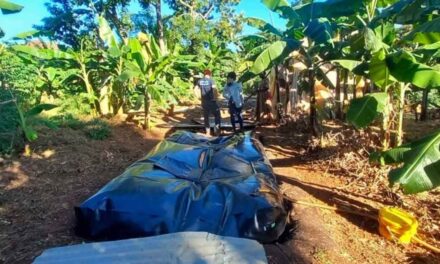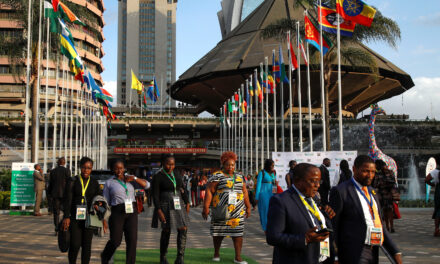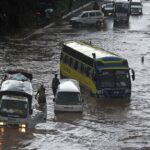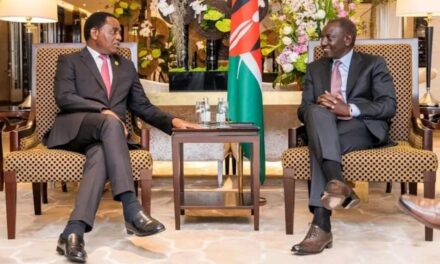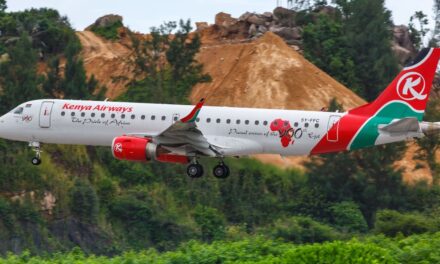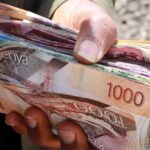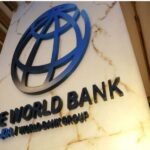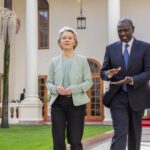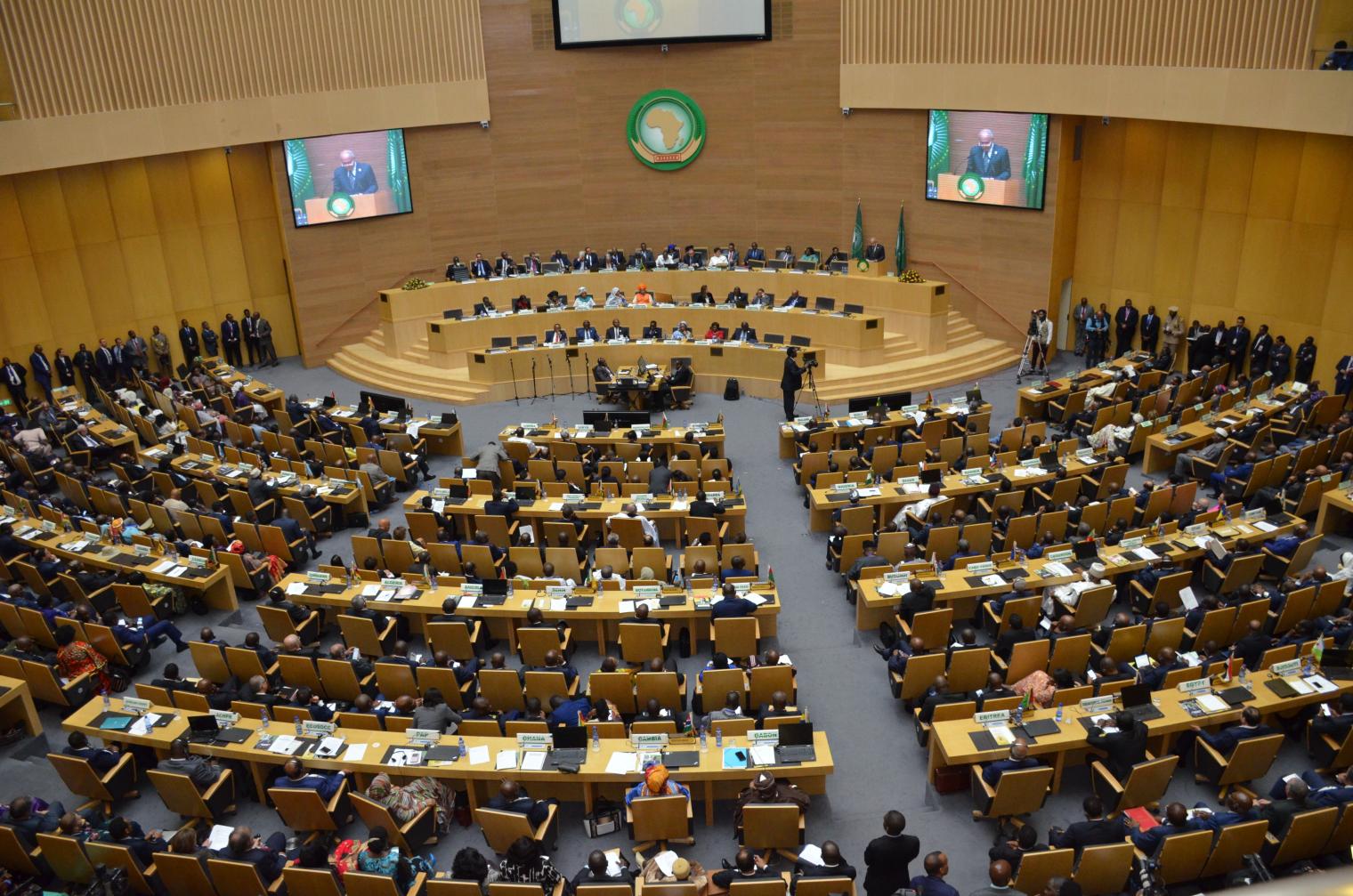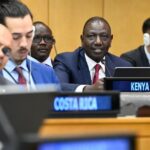

By Mwangi Maina
| November 4, 2024

President William Ruto and Congolese President Felix Tshisekedi during their November 2022 meeting in Kinshasa. Tshisekedi has since accused Ruto of taking over the Nairobi Peace Process and straining relations with the DRC. Photo: Handout
Kenya’s new envoy to the Democratic Republic of the Congo (DRC), Shem Amadi, a retired colonel from the Kenyan Air Force, is still awaiting accreditation to officially take up his post in Kinshasa, more than a year after his arrival in December last year.
This protracted delay highlights ongoing diplomatic tensions between Nairobi and Kinshasa, which have deteriorated due to political disputes between President William Ruto and DRC President Félix Tshisekedi.
The DRC has consistently refused to accept Amadi’s credentials, a decision informed by the lingering diplomatic strains stemming from public remarks made by Ruto during his campaign, which were perceived as disrespectful by Congolese officials.
In February 2022, Ruto sparked outrage with comments implying that the DRC’s vast population lacked domestic livestock and relied on milk imports, a statement that many in Kinshasa found insulting.
Francine Muyumba, a prominent Congolese senator, described his remarks as unacceptable and demanded a retraction, emphasizing the historical economic ties between the two nations.
In an attempt to ease tensions, Kenya’s then-envoy in Kinshasa, George Masafu, was sent to engage with local authorities.
The situation deteriorated further with Kenya Airways suspending flights to Kinshasa this year, a move linked to the detention of two airline employees by Congolese military intelligence.
This suspension had contributed to a significant decline in the previously strong economic and military cooperation between the two countries.
As Kenya’s economic presence in the DRC grew—bolstered by the successful merger of Equity Bank with Banque Commerciale du Congo (BCDC)—the deterioration in diplomatic relations became increasingly pronounced.
By the time the DRC joined the East African Community (EAC) in April 2022, Kenyan businesses had already established substantial footholds in the country, raising questions about the stability of these investments amid escalating tensions.
In addition to these economic strains, political dynamics have further complicated relations. Kinshasa had voiced its dissatisfaction with Kenya’s military involvement in eastern DRC, particularly the role of Maj. Gen. Jeff Nyagah, who faced criticism for his leadership during the ongoing conflict with M23 rebels.
The Congolese government expressed its preference for direct military engagement over political negotiations, leading to Nyagah’s resignation due to reported threats and political pressures.
The diplomatic rift deepened significantly in December last year, coinciding with the launch of the Congo River Alliance in Nairobi, an assembly that included M23 rebels and was perceived as a direct challenge to the Congolese government.
This event prompted Kinshasa to recall its ambassador to Nairobi and subsequently downgrade its diplomatic presence to a chargé d’affaires.
Since July, Congolese president Felix Tshisekedi has publicly accused Kenya’s President William Ruto of taking control of the Nairobi Peace Process originally led by former President Uhuru Kenyatta and aligning with Rwanda.
“…this project was mishandled and it could be considered dead now,” he said adding, “I must confess, President Ruto is supporting Rwanda.”
According to the Vienna Convention on Diplomatic Relations, a host country is not obligated to accept the appointment of a diplomatic envoy, a principle that Kinshasa appears to be exercising in response to ongoing tensions.
Your support empowers us to deliver quality global journalism. Whether big or small, every contribution is valuable to our mission and readers.
